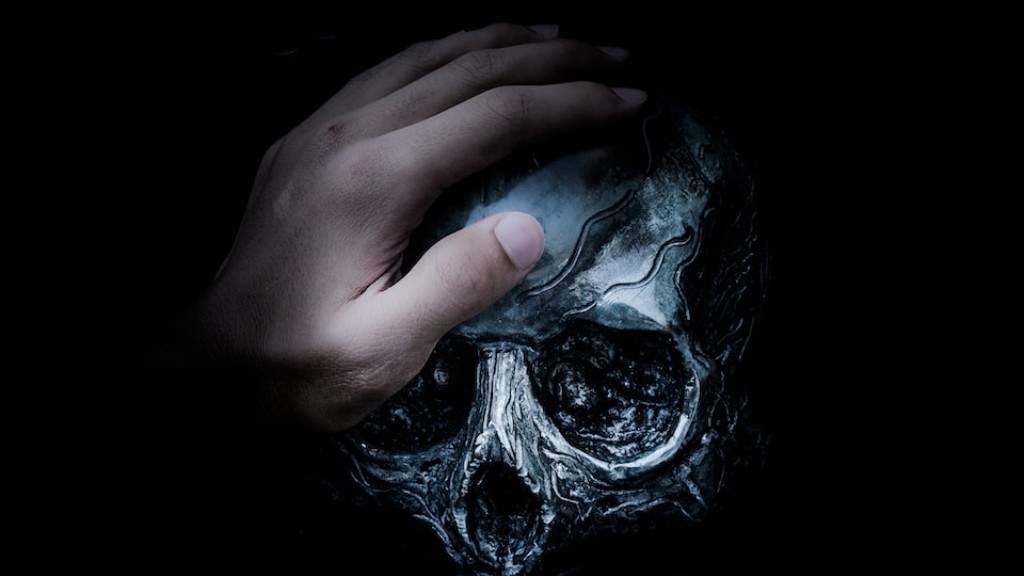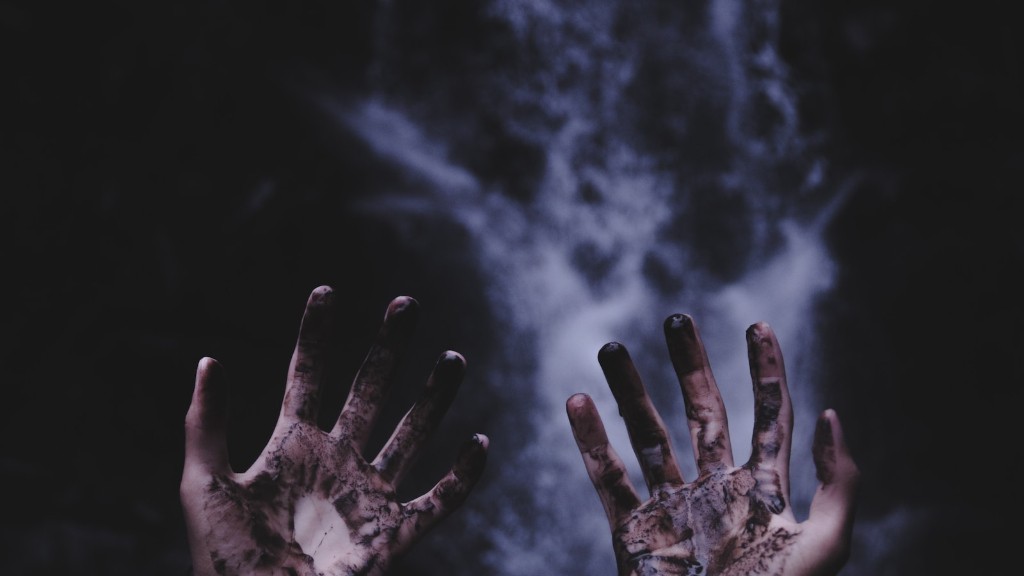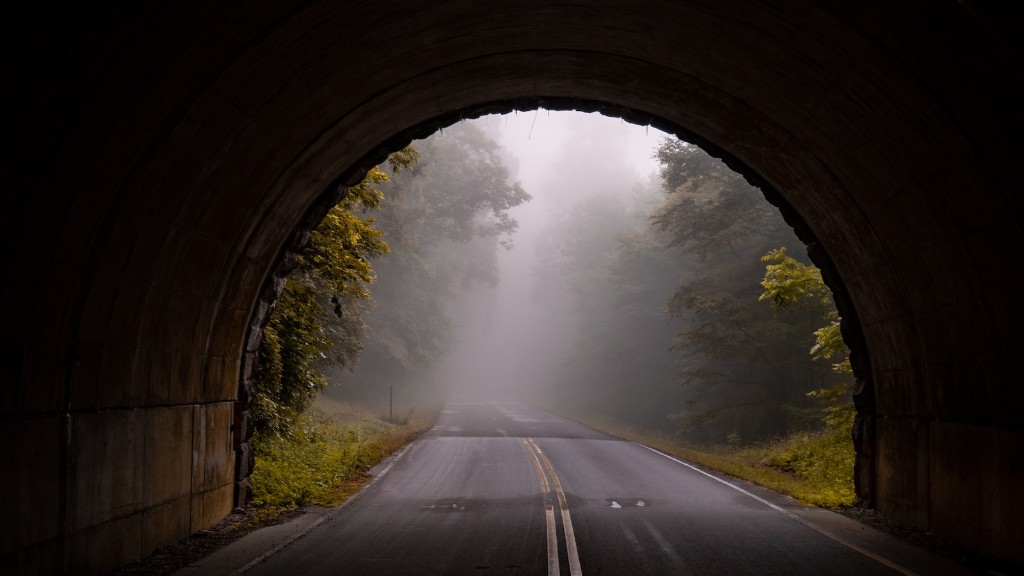Most people enjoy a good horror movie. They like to be scared and feel a rush of adrenaline. But why do people enjoy being scared? And why do they keep coming back for more?
Some researchers believe that it has to do with our natural fight-or-flight response. When we watch a horror movie, our brain is trying to process what we’re seeing and deciding whether it’s a threat. This activates the sympathetic nervous system, which increases our heart rate and respiration. It also releases hormones like cortisol, which gives us a burst of energy.
So in a way, watching a horror movie is like a safe way to experience fear. It’s a way to get the heart pumping and the adrenaline flowing without actually being in danger. And for some people, that can be a lot of fun.
There are a few reasons why people might get scared after watching horror movies. One reason is that horror movies often contain jump scares, which can startle viewers and make them feel scared. Another reason is that horror movies can be suspenseful, and watching suspenseful scenes can make viewers feel scared. Finally, horror movies typically deal with dark and scary topics, which can also make viewers feel scared.
How do I stop being scared after watching a scary movie?
There are many ways to wind down after a long day or a scary movie. Taking a warm bath or shower, reading a book, listening to calming music, and practicing some light yoga are all great options. You can also watch a funny movie or TV show to use laughter to help distract your mind and forget the scary movie.
It’s important to be aware that watching horrific images can have a negative impact on our mental health. If we’re feeling anxious or vulnerable, seeing images of violence or trauma can trigger unwanted thoughts and feelings and increase our levels of anxiety or panic. Additionally, watching these images can increase our sensitivity to startle-eliciting stimuli, making those of us who are anxious more likely to respond negatively and misinterpret the sensations as real threats. If you’re feeling vulnerable, it’s important to take care of yourself and avoid exposure to these types of images.
What causes fear in horror movies
Horror movies stimulate the body’s fight-or-flight response, which is triggered when the body perceives a threat. This involuntary response causes the body to release adrenaline, which causes physiological effects such as increased heart rate, respiration, and sweating.
There is no evidence that exposure to media, television, movies, or pictures can cause PTSD. However, some people may experience symptoms of PTSD after watching traumatic events unfold on these media outlets. Symptoms of PTSD include re-experiencing the trauma through intrusive distressing recollections of the event, including flashbacks and nightmares. If you or someone you know is experiencing these symptoms, it is important to seek professional help.
Why do people with anxiety enjoy horror?
It’s normal to feel anxious from time to time. However, if anxiety is affecting your daily life, it might be helpful to watch scary movies. In one study, it was found that people who are anxious might feel better by watching scary movies. This is because there is a clear source of fear and a sense of control when watching these movies. If you’re feeling anxious, try watching a scary movie and see if it helps you feel better.
Horror is one of the most popular genres of entertainment for many people. One reason for this is that it can provide a unique form of stimulation. Exposure to terrifying acts, or even the anticipation of those acts, can stimulate us both mentally and physically. This can be experienced negatively, in the form of fear or anxiety, or positively, in the form of excitement or joy. For many people, the latter is more appealing, which is why horror is such a popular genre.
Is liking horror movies a trauma response?
Horror movies can be very intense and may trigger a reaction in those who suffer from post-traumatic stress disorder. In rare instances, watching these films can also cause PTSD. If you are susceptible to either of these conditions, it is important to be aware of the potential risks before watching a horror movie.
Horror entertainment can trigger the fight-or-flight response, which comes with a boost in adrenaline, endorphins, and dopamine. The brain can then process surroundings and conclude that the experience is not a genuine threat. This knowledge of personal safety is one reason horror fans habitually watch scary movies.
Are horror movies good for your heart
Jump scares are scenes in movies or television shows that are designed to make the viewer feel startled or frightened. While these scenes may not be harmful to the average person, they can be dangerous for those who have pre-existing heart conditions or are elderly. For these people, the risks of watching a movie with a jump scare scene far outweigh the benefits.
I’m most afraid of death, both existentially and psychologically. The dark also creeps me out, as well as creepy, crawly things. Scary places give me the heebie jeebies, and disfigurement and dismemberment are just too much for me to handle. suspense (anticipation and expectations) is definitely scary, and spooky music doesn’t help matters.
Why is horror so addictive?
Horror is such an addictive genre because it is so exciting. The suspense and fear that is built up throughout a good horror movie is unlike anything else. And when the scares finally come, they are usually more intense and impactful than anything else in other genres. It’s just a natural response to human nature to want to be scared sometimes, to push ourselves, and to have something that we are told we can’t have.
The present study investigated the connection between personality traits and preference for horror movie genre. Low neuroticism and high sensation seeking were found to be better predictors of horror movie preference. These results suggest that people who are less sensitive and more adventurous are more likely to enjoy horror movies.
How does the brain react to horror movies
The results of multiple studies show that watching scary movies increases the level of adrenaline, releasing neurotransmitters in the brain. Faster reaction, better alertness, improved concentration, and a plethora of other advantages can be witnessed as a result of a single movie session.
Teens are at a developmental stage where they can handle more complicated and suspenseful plots, but they should still avoid movies that are too graphic or violent. Slasher horrors, in particular, can be too much for younger viewers, who may be disturbed by seeing other kids in peril or subjected to gore.
Why does horror comfort me?
It can be said that, after watching a scary movie, the brain’s ability to calm itself down is neuro-chemically speaking, Ivanov says, “because the dopamine release related to the ‘rest and digest’ brain response causes an increased sense of well-being.”
Horror movies may have a positive effect on mental health, according to new research. A study published in the journal Psychological Science found that people who watch horror movies exhibit better psychological resilience during the first COVID-19 lockdown than people who stay away from scary movies.
The study, led by Coltan Scrivner of the University of Texas at Austin, surveyed more than 1,000 adults about their movie-watching habits and psychological well-being during the early days of the pandemic. The findings showed that those who frequently watch horror movies were more likely to report higher levels of psychological resilience, meaning they were better able to cope with the stress and anxiety of the lockdown.
So, if you’re looking for a way to boost your mental health during these challenging times, consider turning on a horror movie. Just don’t forget to keep the lights on!
Warp Up
There are a few reasons why people might feel scared after watching a horror movie. For some, it might be the suspenseful music or jump scares that are designed to startle viewers. For others, it could be the graphic violence or disturbing images that they see on the screen. Whatever the reason, it’s likely that the fear is simply a temporary feeling that goes away soon after the film is over.
After watching horror movies, we may get scared because they are designed to create a feeling of fear. Horror movies often use suspense, music, and special effects to make us feel scared.




